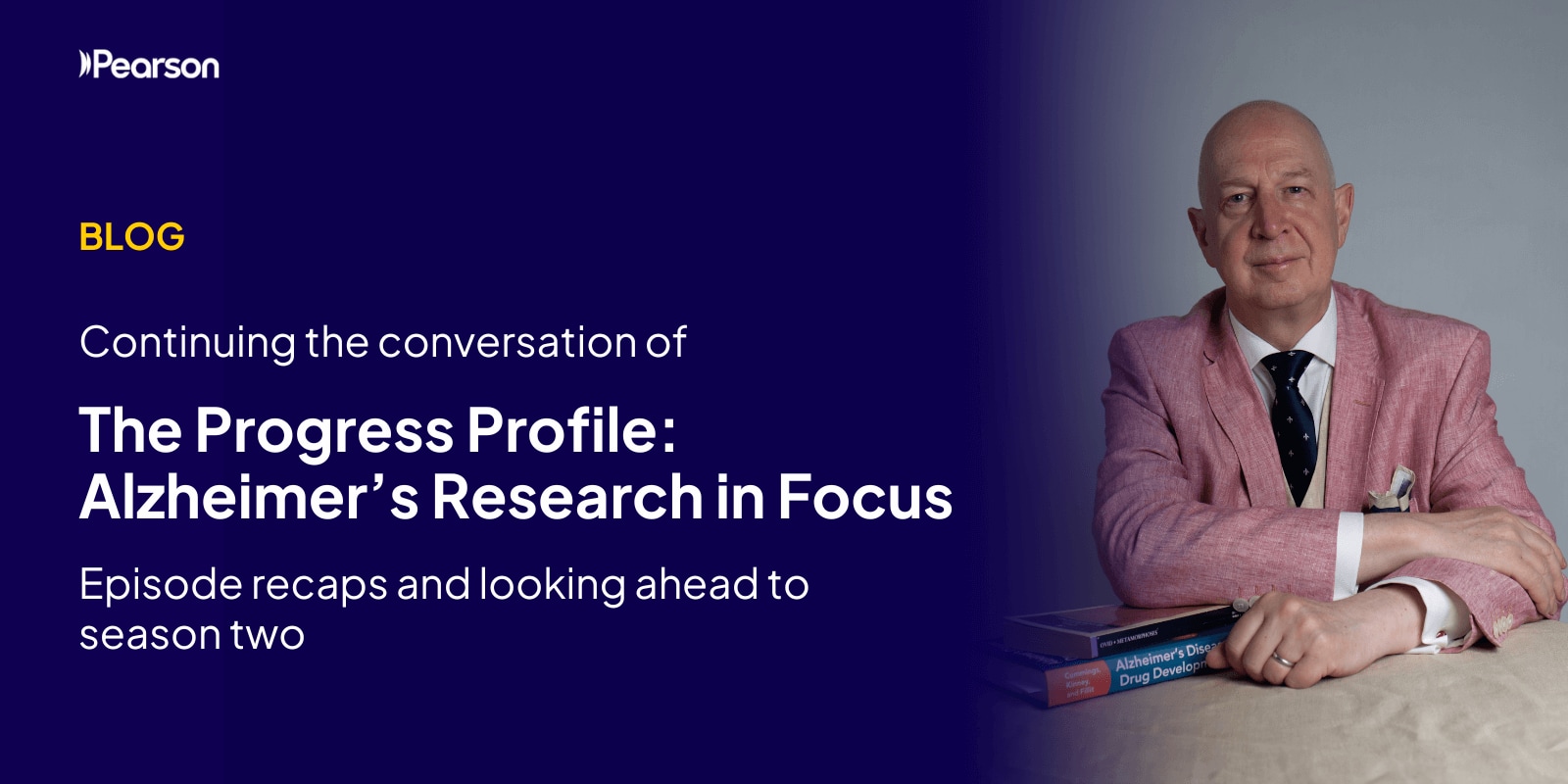The wait is over: The WIAT-4, Canadian French Edition is on the way

Long considered a cornerstone of academic assessment, the Wechsler Individual Achievement Test (WIAT) provides a comprehensive, standardized and research-backed framework for evaluating achievement. Now, after more than two decades, a major update is arriving for French-speaking students across Canada, with the introduction of the Wechsler Individual Achievement Test–Fourth Edition, Canadian French (WIAT-4 CDN-F).
The latest edition reflects modern needs by introducing contemporary Canadian norms and features new subtests and composite scoring for more accurate results. Digital administration enables faster and more efficient testing, thereby increasing access to learners and enhancing efficiency for clinicians.
Read more



